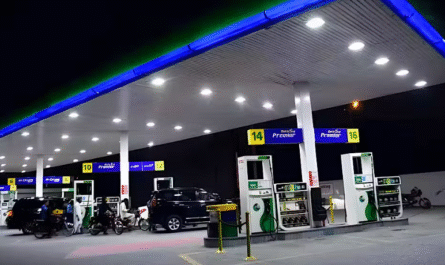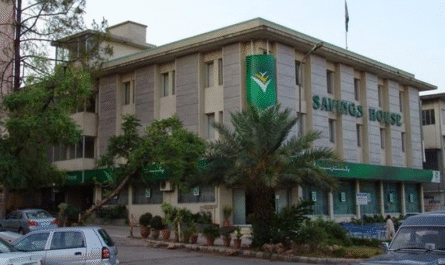In a landmark initiative to promote early childhood education across the province, Punjab Chief Minister Maryam Nawaz Sharif has officially launched Mobile Montessori Schools—a first-of-its-kind project designed to deliver quality preschool education to children in remote, underserved, and low-income areas.
This innovative move is part of the provincial government’s broader vision of “Education for All,” aiming to bridge the gap between urban and rural learning environments and ensure that every child has a strong foundation for lifelong success.
What Are Mobile Montessori Schools?
The Mobile Montessori Schools are specially-designed vans or mini-buses equipped with:
- Child-friendly learning spaces
- Montessori tools and activity kits
- Trained early education teachers
- Books, art materials, and soft mats
- Digital learning aids and storytelling corners
These mobile units travel to areas where formal Montessori schools are either not available or inaccessible. Each school-on-wheels operates on a scheduled route, visiting different neighborhoods or villages daily.
Punjab CM launches mobile Montessori schools.
Key Objectives of the Project
The initiative is centered on providing early childhood education (ECE) to children aged 3 to 5 years, especially in rural, peri-urban, and slum areas. Key goals include:
- Introducing play-based and interactive learning
- Enhancing cognitive and social skills among young children
- Raising awareness among parents about the importance of preschool education
- Reducing the urban-rural education divide
Speaking at the launch event, CM Maryam Nawaz stated:
“Early education shapes the future of our children. Through Mobile Montessori Schools, we’re not just delivering education—we’re delivering hope and opportunity right to their doorstep.”
Public Reception and Impact
The project has been widely praised by educators, parents, and child development experts, who view it as a game-changer for inclusive learning. Many social welfare organizations have also welcomed the initiative and offered support in terms of community mobilization and teacher training.
The first phase of the rollout includes 50 mobile units, expected to benefit thousands of children. The government plans to expand the program based on performance and feedback.
Why It Matters
Access to early childhood education is crucial for brain development, especially in the first five years of life. In Pakistan, a large percentage of children miss out on pre-primary education due to poverty, lack of infrastructure, or parental unawareness. This initiative directly addresses these barriers.
Final Thoughts
The launch of Mobile Montessori Schools by the Punjab government represents a bold, inclusive, and forward-thinking step toward educational equity. By bringing the classroom to the child, rather than waiting for the child to find the classroom, Punjab is paving the way for a more educated and empowered future generation.



